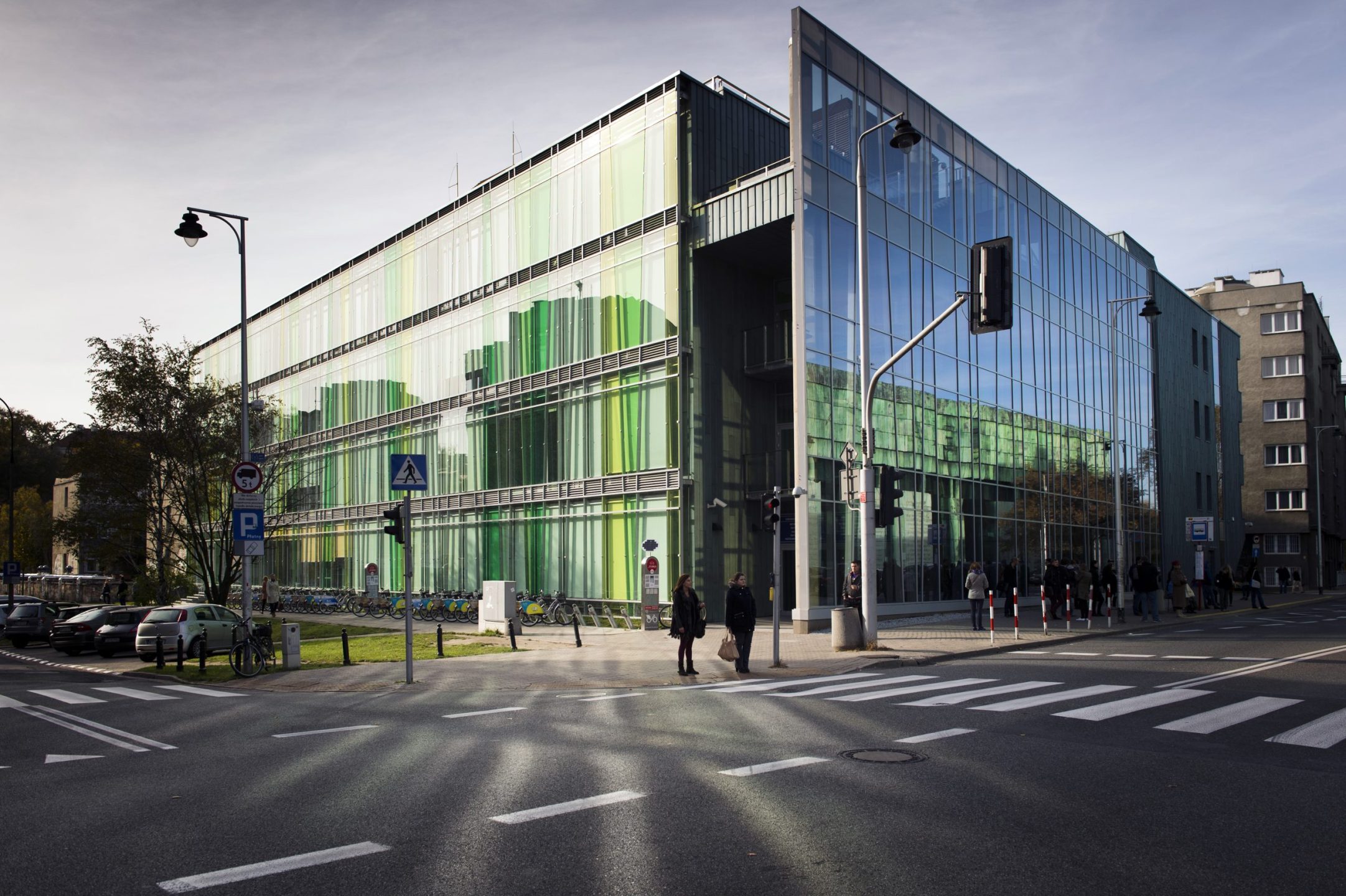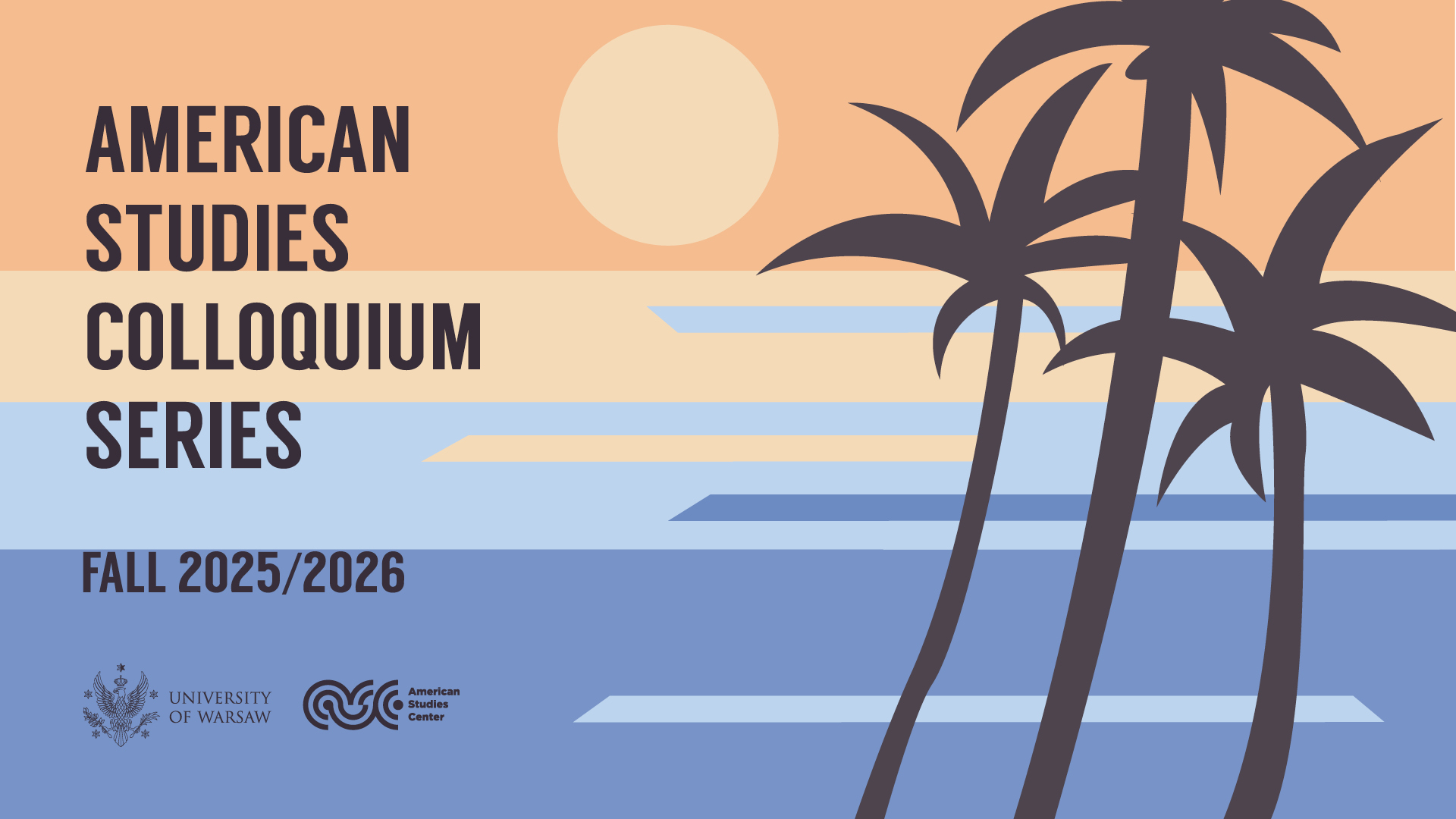Ten największy samorządowy program stypendialny w Polsce skierowany jest do uczniów szkół podstawowych i szkół ponadpodstawowych oraz studentów uczących się w Warszawie. Operatorem stypendiów jest Centrum Myśli Jana Pawła II, instytucja kultury m.st. Warszawy.
Do 10 października warszawscy studenci mogą się ubiegać o Stypendium m.st. Warszawy im. Jana Pawła II.
Ten największy samorządowy program stypendialny w Polsce skierowany jest do uczniów szkół podstawowych i szkół ponadpodstawowych oraz studentów uczących się w Warszawie. Operatorem stypendiów jest Centrum Myśli Jana Pawła II, instytucja kultury m.st. Warszawy.
O stypendium mogą się ubiegać uczniowie i studenci warszawskich szkół, jeśli:
- mają średnią co najmniej 3,5
- osiągają sukcesy naukowe, sportowe, artystyczne albo angażują się w działania społeczne,
- miesięczny dochód netto na jednego członka rodziny nie przekracza kwoty 1500 zł.
Stypendia wynoszą od 200 do 1500 zł miesięcznie.
Kandydat, który chce otrzymać stypendium, musi wypełnić wniosek dostępny na stronie formularze.centrumjp2.pl. Wydrukowany i podpisany wniosek wraz z wymaganymi załącznikami należy złożyć osobiście lub za pośrednictwem tradycyjnej poczty w Centrum Myśli Jana Pawła II, przy ul. Foksal 11.
Rekrutacja dla studentów kończy się 10 października 2019 r.
Szczegółowe informacje: centrumjp2.pl/stypendia
Kontakt w sprawie stypendiów:
stypendia@centrumjp2.pl
tel. +48 22 826 42 22




